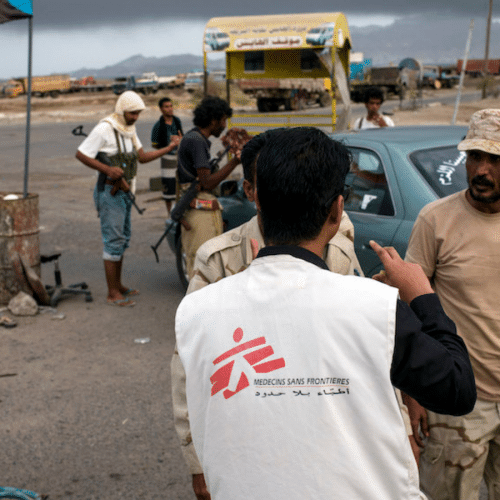
A new NCHS paper examines the implications of tacit engagement in humanitarian negotiations through the lens of two prevalent ethical challenges faced by humanitarian practitioners.
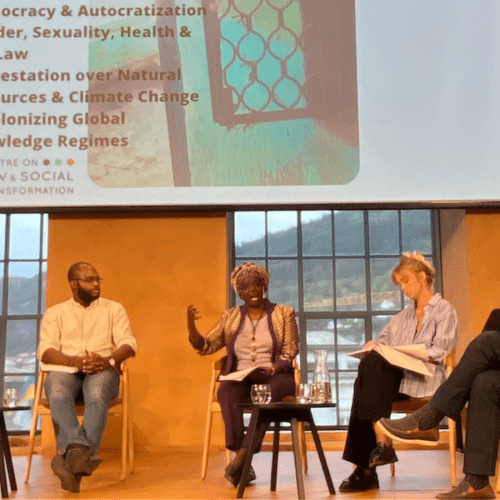
Join the annual Bergen Exchanges to explore how law serves as an instrument of change – and how it shapes and is shaped by power relations.
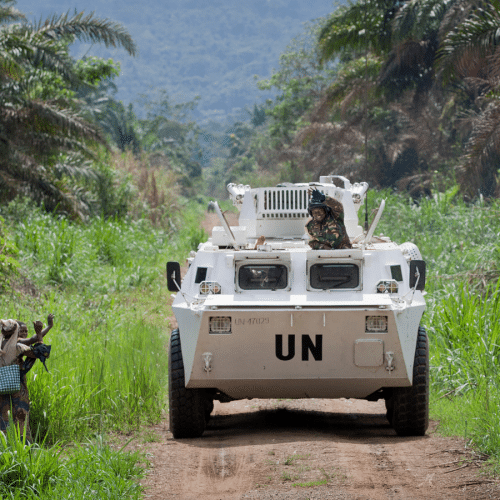
A new article for Global Governance: A Review of Multilateralism and International Organizations looks at the impact of multipolarity and the rise of regional and ad hoc coalitions on UN peacekeeping operations.
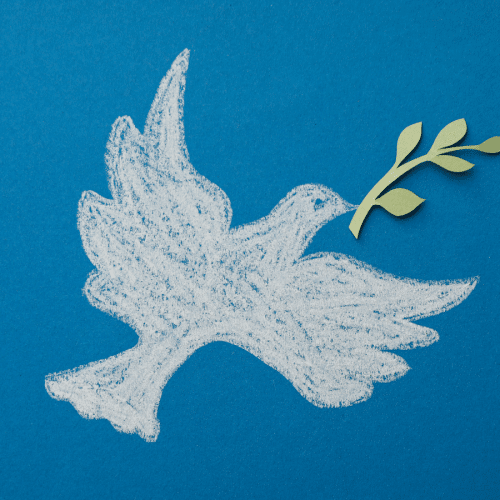
Edited by Cedric de Coning, Rui Saraiva and Ako Muto, this new book examines adaptive peacebuilding through case studies covering a range of conflicts across several continents.
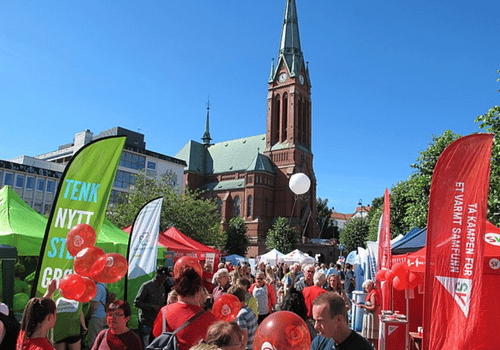
The annual Arendalsuka is happening next week, where participants will discuss, debate and solve societal challenges, including humanitarian related challenges.
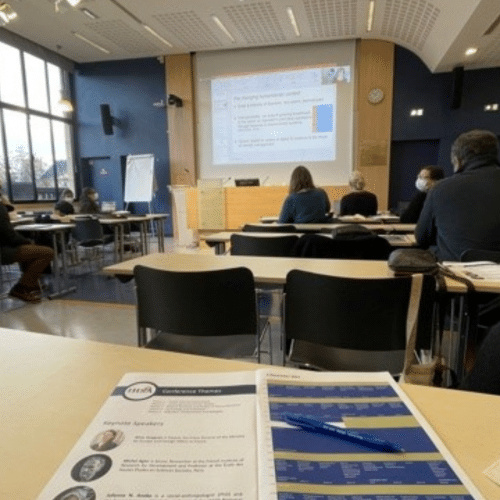
Interested in contributing to the next IHSA conference on “Humanitarianism in Changing Climates”? The call for papers is now open and will close on 15 September 2023.

In this latest episode of Talking Humanitarianism, humanitarian practitioner and researcher, Simon Robins, share his reflections on the operationalisation of justice within humanitarianism.
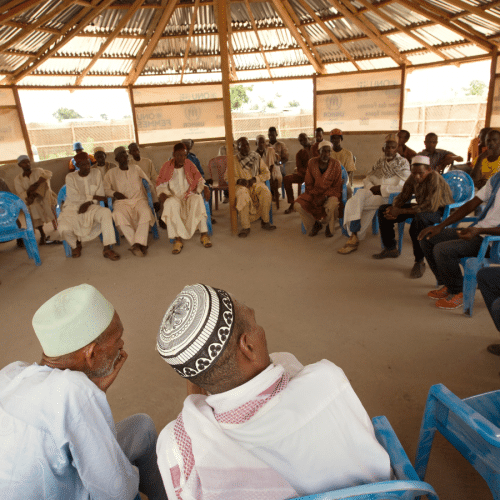
This NCHS paper explores the concept of humanitarian mediation, considering what it is in practice, how it differs from humanitarian negotiations and ethical implications.
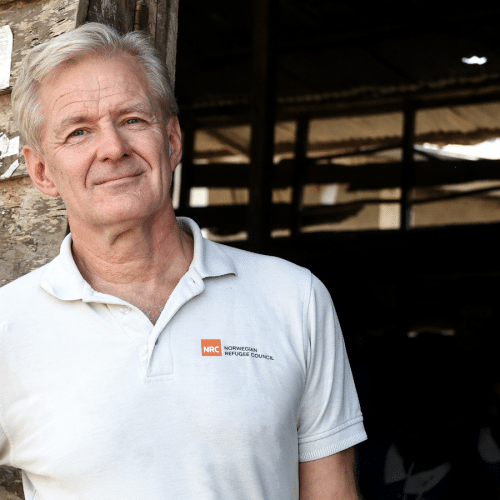
In this episode of Talking Humanitarianism, Jan Egeland, Secretary General of the Norwegian Refugee Council shares his experiences with humanitarian negotiations, particularly in Afghanistan and Syria.
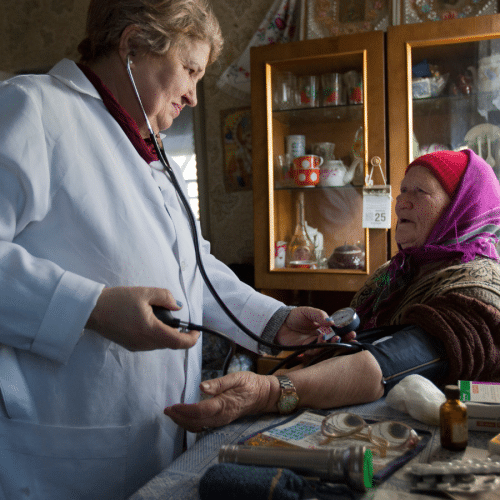
In a new essay for Dædalus, Larissa Fast examines data sharing between humanitarians and donor governments in the context of humanitarian health delivery.